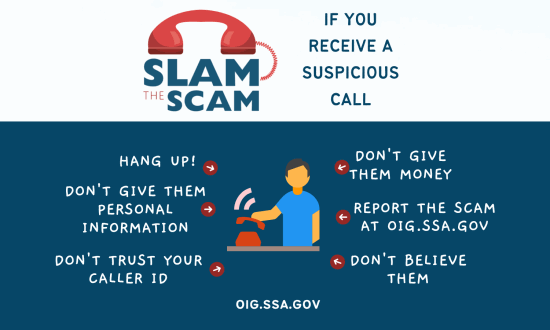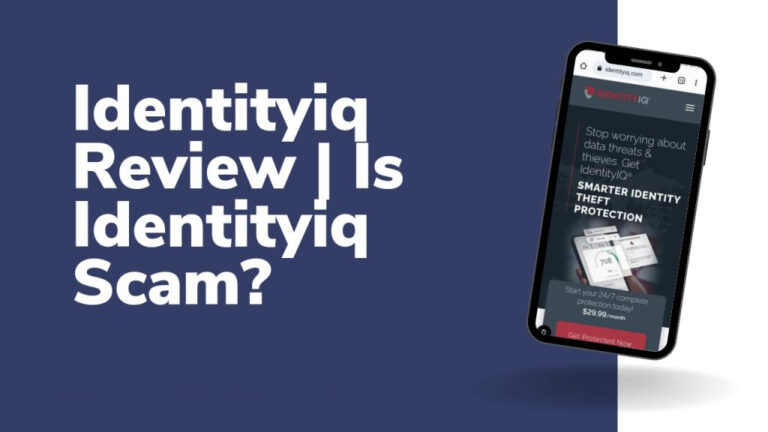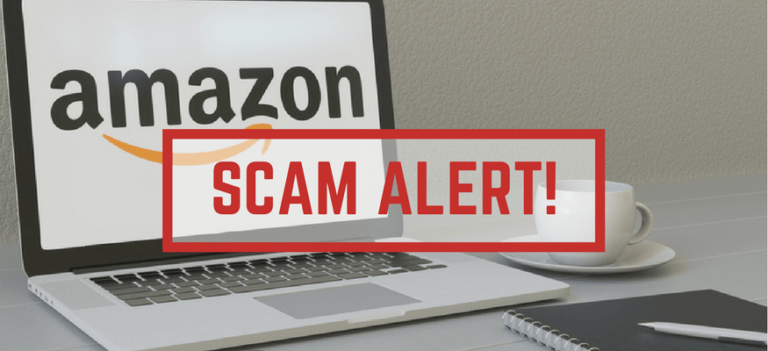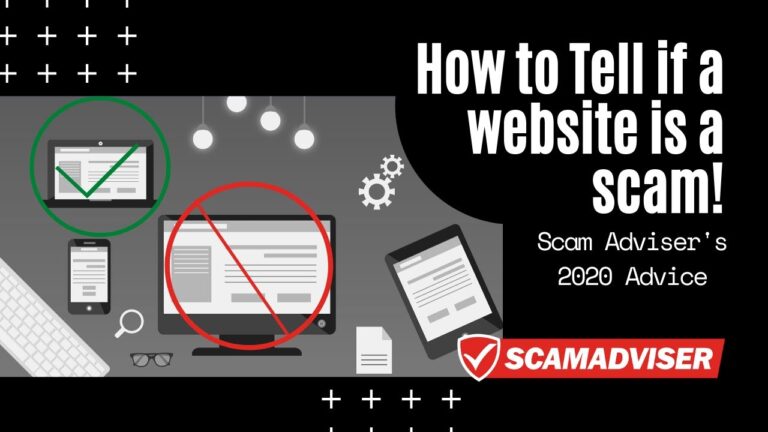Quietum Plus Scam: Is Quietum Plus A Scam Product
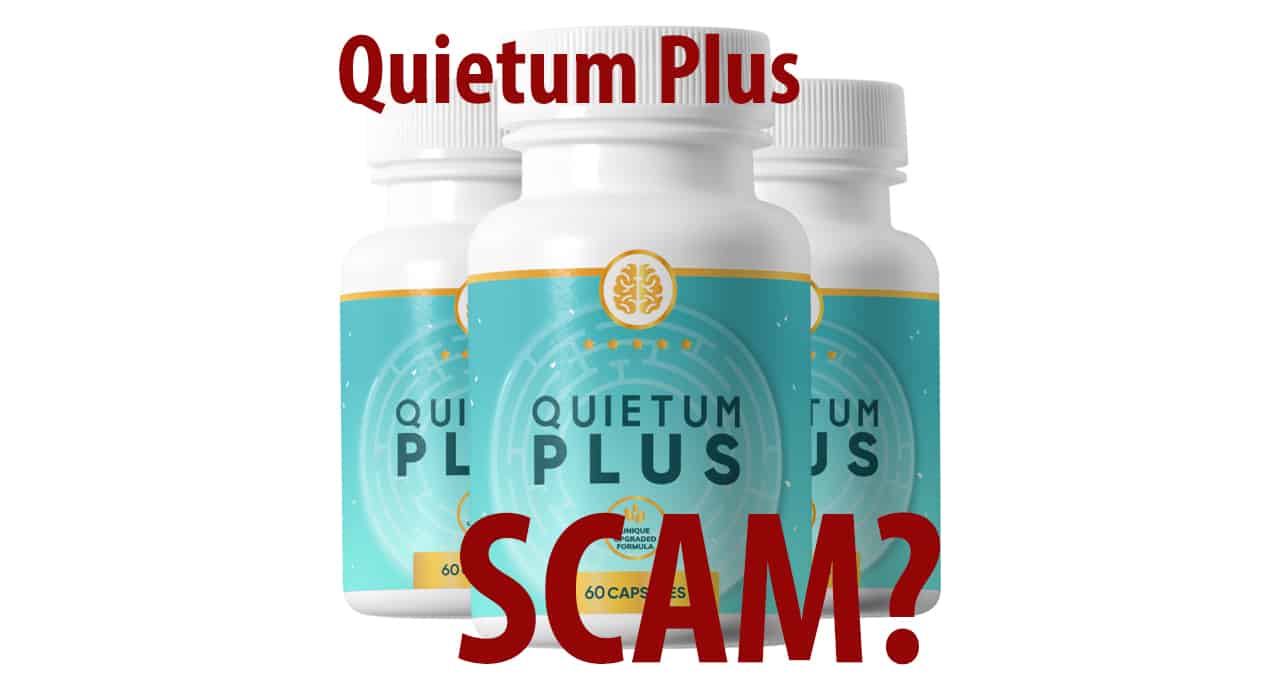
Hearing health is a vital aspect of our overall well-being, and it’s no surprise that many individuals are eager to explore supplements and remedies claiming to enhance their auditory abilities. However, in the world of dietary supplements, there’s a growing concern – the Quietum Plus scam. In this blog post, we’ll delve into what the Quietum Plus scam is, how it operates, and, most importantly, how to differentiate between genuine products and fraudulent schemes when it comes to your hearing health.
Understanding the Quietum Plus Scam
The Quietum Plus Scam revolves around dietary supplements that promise to improve hearing and treat various auditory issues. These supplements are typically marketed online and may claim to contain a unique blend of natural ingredients. However, beneath the veneer of health benefits lies a web of deceit. Here’s a closer look at how this scam typically unfolds:
The Anatomy of the Quietum Plus Scam:
- Deceptive Marketing: Scammers employ persuasive marketing techniques, including flashy websites, emotional testimonials, and pseudoscientific claims, to attract potential buyers.
- Unsubstantiated Claims: They make exaggerated claims, promising miraculous results such as restored hearing, relief from tinnitus, or improved ear health.
- Hidden Costs: Scammers often promote “free trial” offers but bury subscription fees or auto-ship programs in the fine print, resulting in unexpected charges.
- Questionable Ingredients: While some supplements may contain natural ingredients, scammers often exaggerate their benefits or include unproven substances.
- No Scientific Backing: The claims made about the product are typically not supported by credible scientific research or regulatory agencies.
Recognizing the Red Flags
Spotting the warning signs of the Quietum Plus Scam is essential for protecting your health and finances. Here are common indicators to be aware of:
- Too Good to Be True: Be cautious of dietary supplements that promise miraculous results or rapid improvements in hearing health.
- Fake Testimonials: Look out for testimonials or reviews that seem overly enthusiastic, especially if they lack specific details or appear on unverified websites.
- Hidden Costs: Carefully read the terms and conditions, especially when presented with “free trial” offers, to uncover hidden charges or subscription commitments.
- Check Ingredients: Research the ingredients in the supplement and consult with a healthcare professional if you have concerns about their safety or effectiveness.
- Lack of Scientific Evidence: Beware of products that make claims without credible scientific research or regulatory approvals to support them.
Protecting Your Hearing Health
Defending against the Quietum Plus Scam requires vigilance and informed decision-making:
- Consult a Professional: Before taking any dietary supplement for hearing health, consult with an audiologist or healthcare provider to ensure it’s safe and suitable for your needs.
- Research Thoroughly: Investigate the product, company, and customer reviews before making a purchase. Look for scientific evidence supporting their claims.
- Be Skeptical: Approach sensational claims with skepticism and be cautious of products that promise extraordinary results.
- Verify Credibility: Confirm the legitimacy of the company and its claims through trusted sources and regulatory agencies.
- Report Suspected Scams: If you encounter the Quietum Plus Scam or suspect fraudulent activity, report it to relevant authorities and consumer protection agencies.
Conclusion
The Quietum Plus Scam serves as a reminder that individuals should be cautious when considering dietary supplements for hearing health. By staying informed, practicing caution, and recognizing the red flags associated with scams like Quietum Plus, you can protect your health and finances from falling into the hands of deceptive fraudsters. Remember that genuine health products are supported by credible scientific research and regulatory approvals. When in doubt, consult healthcare professionals and report suspicious activity to safeguard your hearing health and the well-being of others.


